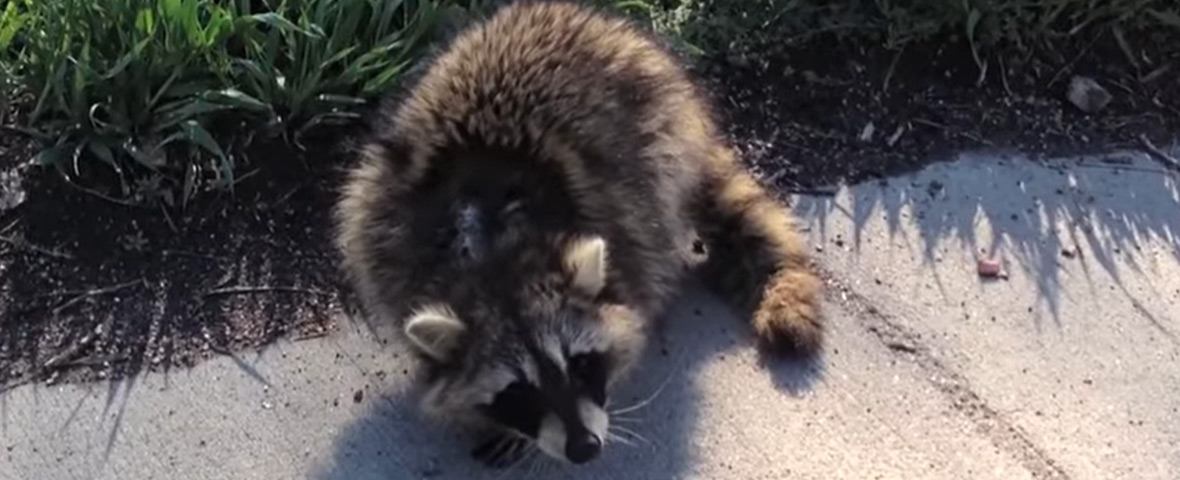- info@SouthBendanimalattic.com
Call 24/7 for a free quote:
574-306-5141
Signs and Symptoms of Rabies
Rabies is a preventable disease that can be fatal if not treated properly. This will directly attack the nervous system of the victim. Once the symptoms manifests, there is absolutely nothing that a doctor can do to treat the disease. Fortunately, the case of the rabies on humans in the US is rare. You need to receive immediate medical attention in case you suspect that you’ve been infected with the virus.

How to Know If You’ve Been Infected with Rabies
Rabies is a disease that is usually transmitted from the bite and scratches of a wild mammals. In case you have been bitten by a wild animal, it is better to get professional medical help. Even on the off chance that the animal will not carry rabies, infection may still happen. It is better to receive the right medical intervention to stay away from the threat of the rabies.
Understanding the Transmission of the Virus
At least 7,000 incidences of rabies annually are being reported to the CDC. In the US, raccoons are the main carrier of the rabies virus. Humans can also contract the virus form the bite of the bats. In the year 1990-2201, ¾ of the rabies cases were caused by bats. Foxes and skunks may also be infected with the disease. There are also rare cases that ferrets, coyotes, bobcats, and wolves will carry the virus. Other animals that can transmit the disease include rabbit, chipmunks, squirrels, mice, and hamsters. If you happen to suffer an injury from the attack of these animals, you need to consult a doctor immediately.
Symptoms of the Rabies
The symptoms of the disease may appear after a couple of days. In other cases, it can also manifest after a few years. Perhaps one of the known signs of the disease is the uncontrolled twitching or a tingling sensation on the affected site. It can be accompanied by fatigue, nausea, muscled pain, weight loss, and fever. Once the infection progressed, the symptoms of the disease will become more prominent. You may experience increased salivation, speaking difficulty, sensitivity to lights, muscle spasm, seizures, aggressiveness, hallucination, irritability, and confusion. During the advance phase of the disease, it will spread to the other part of our central nervous system. The person will suffer from swallowing difficulty, abnormal diaphragm movement, and double vision.
What to Do If You Are Bitten by a Indiana Wild Animal
In case you have been bitten by a South Bend wild animal, you must wash the affected are with disinfectant soap and running water for about 10 minutes. Do not induce bleeding since it will help in expelling the germs and bacteria in your wound. Cover your wound with a dressing. Anyone that is possibly infected with the rabies virus will have to be administered with an anti-rabies vaccine. You may also have to call the local animal removal agency to detain the wildlife animal that has bitten you. Therefore, they can observe the animal for any sign of rabies.
There are things that you can do to reduce your exposure to the rabies virus. Be sure to report any stray or South Bend wild animals that you encountered in your community.
Visit our South Bend wildlife control home page to learn more about us.

